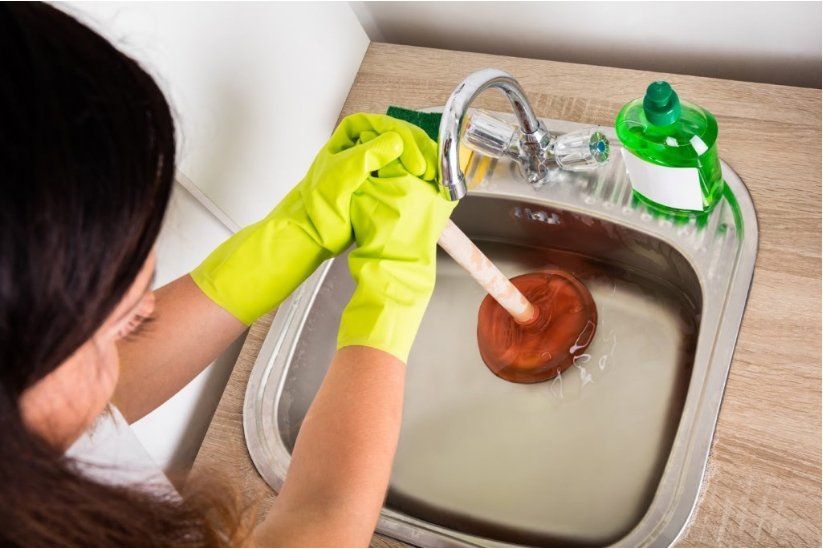4 Contaminants Your Septic System Can't Filter Out Well
Since your septic system is designed to handle even wastewater from the toilet, which is likely the most contaminated water your home produces, you may naturally think that it can handle any contaminants or wastewater you can throw at it. Unfortunately, this is not the case.
Just as your septic system doesn't deal well with solid items, it also can't filter out certain types of substances and pollutants. Here are some of the contaminants you should never expect your septic system to handle.
1. Cat Parasites
Cat waste can be detrimental to your plumbing, but it can contaminate the environment as well. Because used cat litter and waste can contain the pathogen toxoplasma gondii, you should never dispose of them or other cat waste in your household plumbing or septic system.
Toxoplasma poses a big risk to wildlife and to humans, especially those with lowered or weakened immune systems.
2. Household Chemicals
You may have heard that using a lot of bleach or drain cleaners can be detrimental to the microbes in your septic tank. But another reason not to pour these items down your drains is that your septic system can't actually process them out of your water, so they end up back in the environment.
Other household chemicals that may end up in the groundwater or soil if you dispose of them this way include nail polish remover, glues, solvents, and similar substances. If in doubt, ask your septic contractor or call a hazardous waste facility to learn whether putting a specific chemical down the drain is likely to cause problems.
3. Saline From Water Softener
The wastewater from your whole-house water softener, also sometimes called saline or brine, is filled with salt. Since the septic tank doesn't filter out this salt, draining this water into your septic tank will result in salting the ground your leach pipes drain into.
In some cases, the presence of salt in the drain field can cause problems. For instance, too much salt buildup can reduce the draining ability of the soil in the drain field, which can cause obvious problems (such as your septic not being able to move water through the system as quickly). This effect typically happens over time, so you may not notice problems at first.
If you're worried about the effects of salt on your leach field, talk to your plumber or septic expert about the possibility of constructing a separate drainage system so your water softener doesn't drain into your septic.
4. Motor Oil
Used motor oil is a huge contaminant in the US; in fact, it's the top source of freshwater oil pollution
in the country. Because it doesn't break down easily, motor oil can pass through your septic system relatively intact, after which it can contaminate a huge amount of groundwater and soil.
Because motor oil contains heavy metals, chemicals, and other toxins and can harm wildlife and stunt plant growth, you should always dispose of this material responsibly rather than put it into your septic system. The good news is that if you recycle it, motor oil can be used again and again, reducing the need to manufacture new motor oil.
As you can see, your septic system isn't the be-all and end-all of hazardous waste disposal. For some materials, such as cat litter, securing the material in a trash bag and sending it to the landfill may be the safest option. For other substances, such as motor oil, you can utilize a hazardous waste facility.
For more information on situations and materials that you should avoid subjecting your septic system to, talk to Southern Sanitary Systems Inc. We can help you diagnose what's wrong with your septic system, inform you on do’s and don'ts of safe septic system use, and provide septic repairs, so give us a call today.








